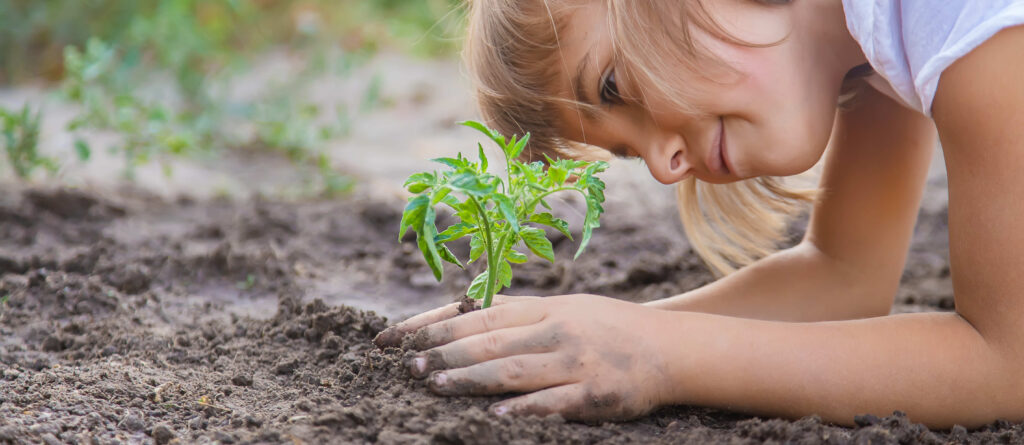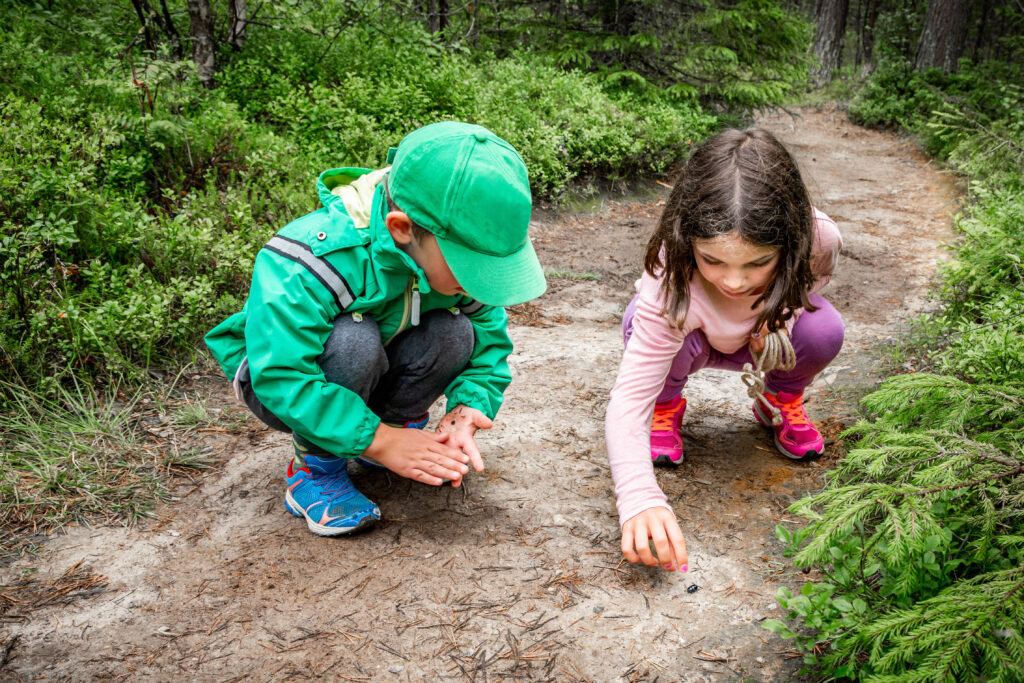Everything You Need To Know About Tu BiShvat

Contents
1. History
The writer and playwright Anton Chekhov once said, “Let us learn to appreciate there will be times when the trees will be bare and look forward to the time when we may pick the fruit.” The sentiment behind Chekhov’s quote underscores the nature of the Jewish holiday Tu BiShvat.
There's More to a Name
The name of this holiday is actually its date, as “Tu” is a pronunciation of the Hebrew letters for the number 15, and the holiday falls during the Hebrew month of Shevat. It is known as “the birthday of the trees” due to a certain passage in the Torah that reads, “When you enter the land [of Israel] and plant any tree for food, you shall regard its fruit as forbidden. Three years it shall be forbidden for you, not to be eaten.” (Leviticus 19:23) The fruit of the fourth year was reserved so it could be offered to the priests in the Temple as a gift of thanks for the bounty of the land, and the fifth-year fruit–and all the fruit after that–was finally for the farmer.
But Just How Old Is A Tree?
The problem with this decree was that farmers didn’t always know how to judge the age of a tree. Did it have a birthday? When was it? To avoid confusion, the Rabbis established the 15th of the month of Shevat as a general “birthday” for all trees, regardless of when they were actually planted. Fruit-bearing trees were given special status in the Torah because of their significance in sustaining life.
Even during times of war, God cautioned the Israelites, “When in your war against a city you have to besiege it a long time in order to capture it, you must not destroy its trees… Are trees of the field human to withdraw before you into the besieged city? Only trees that you know do not yield food may be destroyed.” (Deuteronomy 20:19-20) The Rabbis of the Talmud established four “new years” throughout the Jewish calendar, a new year for establishing the reign of kings; a new year for tithing animals of Jewish farmers to be given to the Temple; and the new year for the trees, Tu BiShvat. The Rabbis elaborated upon why they chose this specific date for the year of the trees; explaining that Tu BiShvat falls after mid-winter (usually in February). They concluded that the majority of the annual rainfall had usually already fallen by this time in Israel, thus yielding a healthy, fertile, water-rich soil ripe for the planting of new trees.
Present Day Symbolism
In the present day, Tu BiShvat has evolved into a two-pronged symbol of both Zionist attachment to the land of Israel as well as an example of Jewish environmental awareness. Early Zionist settlers in Israel began planting new trees to both restore the ecology of ancient Israel, and also to symbolize the renewed growth of the Jewish people as they returned to their ancestral homeland. While relatively few Jews continue to observe the kabbalistic Tu BiShvat seder, many American and European Jews observe Tu BiShvat by contributing money to the Jewish National Fund, an organization devoted to reforesting Israel.
For environmentalists, Tu BiShvat is an ancient and authentic Jewish “Arbor Day” that promotes education about the Jewish faith’s tradition of conscientious caretaking of the Earth through the lens of ecological activism. Among them, modern versions of the Tu BiShvat seder, which focus on environmentalist issues, are becoming more popular.
2. When is it?
In 2021, Tu BiShvat will begin on the evening of Wednesday, January 27th, and conclude on the evening of Thursday, January 28th.
3. How to Celebrate
With Tu BiShvat fast approaching, you are probably wondering how you can celebrate the holiday. If you have children, it’s possible you could use some activities that would help them learn about and appreciate the holiday. The global pandemic has made gathering together a much more cumbersome task than ever before, so this list will be split between activities you can do at home and those you can do while out in the community. It would be prudent to keep in mind the state and local rules on gathering, wearing masks and social distancing while participating in these activities.

3.1 - Community Activities
Take a Nature Walk
The weather in Orlando is beautiful this time of year, and a walk in either nearby woods or a state/national park would provide an opportunity to grab some sun and truly appreciate your environmental surroundings. If you have children, you could have them point things out (or have them close their eyes and listen to) all the natural sounds around them. Taking pictures to capture the nature scenes you come across could be a worthwhile venture as well.
Bird Watching and/or Feeding
While out on your nature walk you could bring a pair of binoculars to watch the numerous species of birds roosting in the trees. Or for a home-based craft project, you could make a bird feeder out of a pine cone covered in peanut butter and rolled in birdseed. When hung outside, the birdfeeder could serve as a convenient and rich gathering place for birds, and your family to watch them.
Planting Activities
Considering that Tu BiShvat is very similar to Arbor Day or Earth Day, it would only make sense that planting trees, flowers and other seeds would be a common activity for your family to engage in. You could also attend a local tree planting with your family or help out in the newly formed community garden at the Rosen JCC in Orlando.
Environmental Cleanup
If you would like to get outside and really want to give back for Tu BiShvat, you and your family could participate in a local environmental cleanup project. What better way is there to demonstrate a responsible stewardship of the planet than to volunteer to beautify it?

3.2 - Home Activities
Tu BiShvat Seder or Alternative
Gathering family together to celebrate this holiday with a festive ceremony could lift everyone’s spirits. If COVID-19 rules forbid a larger gathering, you could turn to an alternative.
It is still possible to celebrate Tu BiShvat with your immediate family while eating the traditional Seven Species associated with the Land of Israel in the Torah. A plate of the holiday’s traditional foods would include: wheat, barley, grapes, figs, pomegranates, olives, and dates.
Almonds and carobs have been added to the list of traditional foods that are consumed on this holiday. If you’re feeling up to it (and since you’re halfway there already), you could add cheese and crackers and make it into a whole charcuterie board.
Planting Activities
- If you have the space in your yard, you and your family could plant a tree or some flowers outside.
- For something different, you could try planting parsley seeds either outside or in a pot by a sunny window, and harvest the seeds for your Passover seder.
- You could consider donating to the Jewish National Fund and plant a tree in Israel.
Craft Ideas for Kids
- Consider making leaf prints for paper placemats and use the placemats at a Tu BiShvat Seder.
- Though this might get messy, try having your children draw the trunk of a tree, then dip their hands in paint. They can then press their hands on and around the trunk of the tree at different angles while using different colors to create the leaves of the tree.
- Using construction paper, have your children cut out the trunk of a tree using brown paper, and several smaller teardrop shaped pieces out of green paper to represent the tree’s leaves. Ask them why they are thankful to have trees and have them write those words on the leaves. You can then have them glue or tape the leaves onto the trunk, forming a “gratefulness tree.”

Conclusion
Though it might feel a little different this year, it is still possible to learn about and celebrate Tu BiShvat. Whether it’s teaching your children about the holiday, going on a nature walk with them, or helping them with craft projects, the global pandemic need not put a damper on your Tu BiShvat celebration. Despite the hardships of the past year, there’s still a lot to be thankful for, both in nature and in life.

